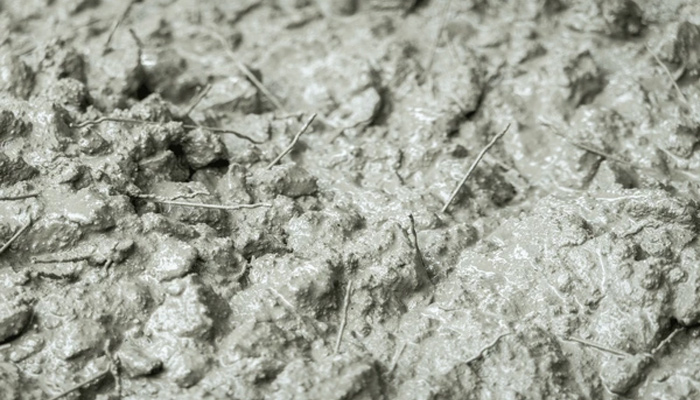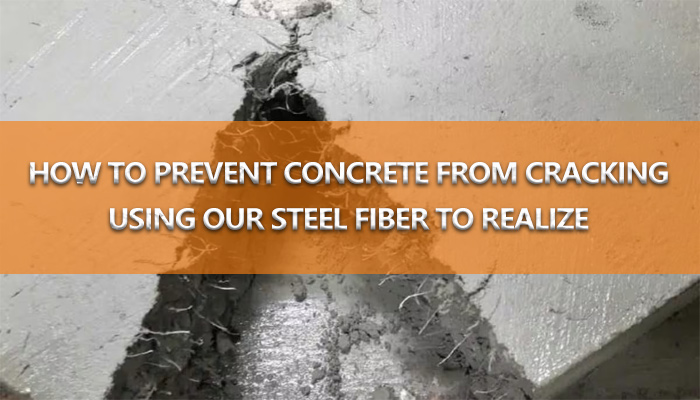Cracking is a common problem in concrete structures. Among various methods to prevent cracking, the use of steel fiber for concrete has gained increasing popularity in recent years.
What is Steel Fiber for Concrete?
Steel fiber for concrete is a type of fiber-reinforced polymer (FRP) that is made from steel fibers. These fibers are usually made from high-strength steel wire, which is then processed into a fiber form.
The fibers are then mixed with concrete to form a composite material that has improved mechanical properties compared to conventional concrete.
How Does Steel Fiber for Concrete Prevent Cracking?
Steel fiber for concrete can prevent cracking in several ways:
- Improved Durability: Steel fibers have high tensile strength and can withstand the stresses and strains that concrete experiences over time. By adding steel fibers to concrete, the durability of the material is improved, and it becomes less prone to cracking.
- Reduced Shrinkage: Concrete shrinkage is a common cause of cracking, especially in areas with high temperatures or low humidity. Steel fibers help to reduce shrinkage by absorbing excess moisture and reducing the amount of water in the concrete.
- Improved Flexural Strength: Steel fibers improve the flexural strength of concrete by adding tensile strength and reducing the amount of deformation. This makes the concrete more resistant to cracking under load.
- Reduced Creep: Creep is the gradual deformation of concrete over time, which can lead to cracking. Steel fibers help to reduce creep by absorbing the stresses and strains that cause deformation.
Benefits of Using Steel Fiber for Concrete
The use of steel fiber for concrete has several benefits, including:
- Improved Durability: Steel fibers improve the durability of concrete, making it less prone to cracking and extending its lifespan.
- Reduced Maintenance: Steel fiber for concrete requires less maintenance than traditional concrete, as it is less prone to cracking and requires fewer repairs.
- Increased Strength: Steel fibers improve the mechanical properties of concrete, making it stronger and more resistant to loads.
- Improved Resistance to Corrosion: Steel fibers improve the resistance of concrete to corrosion, as they are less susceptible to corrosion than traditional steel reinforcement.

Limitations of Using Steel Fiber for Concrete
While steel fiber for concrete has many benefits, there are also some limitations to its use, including:
- Higher Cost: Steel fiber for concrete is more expensive than traditional concrete, as it requires specialized equipment and materials.
- Limited Availability: Steel fiber for concrete is not widely available, and it may be difficult to source in some areas.
- Specialized Installation: Steel fiber for concrete requires specialized installation techniques, and it may be necessary to hire a professional to ensure proper installation.
Conclusion
Steel fiber for concrete is a valuable tool in preventing cracking in concrete structures. Its improved durability, reduced shrinkage, improved flexural strength, and reduced creep make it an attractive option for builders and engineers.
While there are some limitations to its use, the benefits of steel fiber for concrete make it a worthwhile investment for structures that require high strength and durability.
By incorporating steel fiber for concrete into your building materials, you can create structures that are stronger, more durable, and less prone to cracking.
